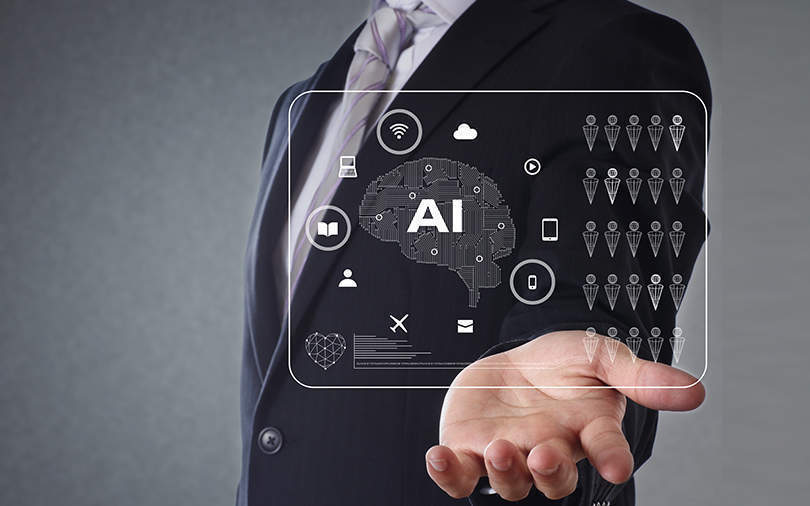
Google says its AI model for lung-cancer detection is more accurate than radiologists


After having researched and experimented with artificial intelligence (AI) models to detect cardiovascular and eye disorders and predicting patient outcomes in medical records, internet giant Google is now working on a new AI model that will detect lung cancer, the company wrote in a blog post.
Currently, lung cancer claims over 1.7 million deaths every year and is considered to be the deadliest of all cancers. It is also the sixth most common cause of death globally, according to the World Health Organization.
While techniques such as lower dose CT screening have been successful in reducing mortality, Google believes that there are challenges that more often than not lead to unclear diagnosis, subsequent unnecessary procedures and financial costs.

In order to achieve efficiency in AI, the internet giant has come up with a model that can not only generate overall lung cancer malignancy prediction, but also identify subtle malignant tissue in the lungs.
"In late 2017, we began exploring how we could address some of these challenges using AI. Using advances in 3D volumetric modelling alongside datasets from our partners (including Northwestern University), we’ve made progress in modelling lung cancer prediction as well as laying the groundwork for future clinical testing," Shravya Shetty, technical lead at Google, wrote as part of the blog post, explaining that radiologists typically look through hundreds of 2D images within a single CT scan and cancer can be minuscule and hard to spot.
The model can also factor in information from previous scans, useful in predicting lung cancer because the growth rate of suspicious lung nodules can be indicative of malignancy, she explained.

As part of the research, Google trained the engine on 45,856 de-identified chest CT screening cases (some in which cancer was found) from NIH’s research dataset from the National Lung Screening Trial study and Northwestern University.
"We validated the results with a second dataset and also compared our results against six US board-certified radiologists," Shetty said, adding that when using a single CT scan for diagnosis, Google's model performed on a par with or better than the six radiologists.
Shetty also said that the model's accuracy in detection was 5% higher and at the same time reduced false positives by 11% when compared with the unassisted radiologists.

"The model achieved an AUC of 94.4%,” Shetty said. AUC is a common metric used in machine learning and provides an aggregate measure for classification performance.
Google is working internally with divisions such as Google Cloud Healthcare and Life Sciences to serve this model through its Cloud Healthcare API.
